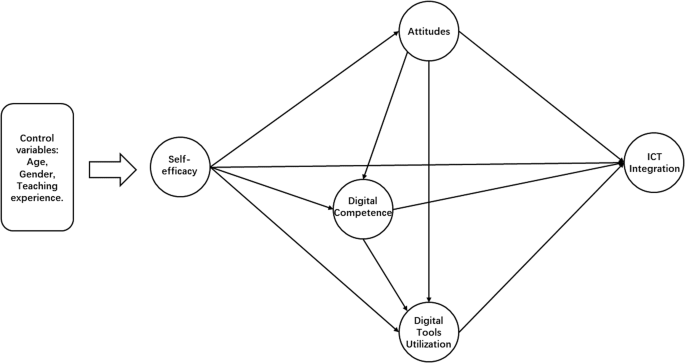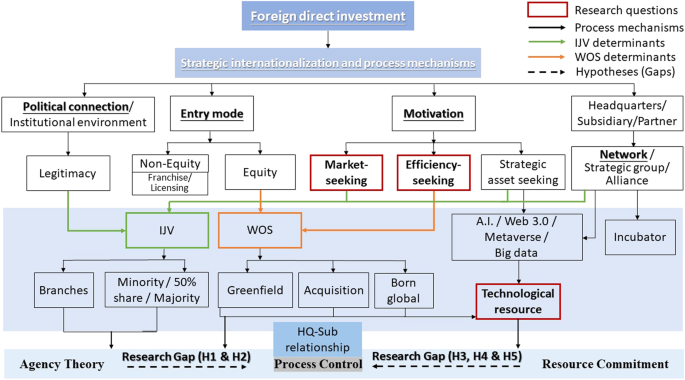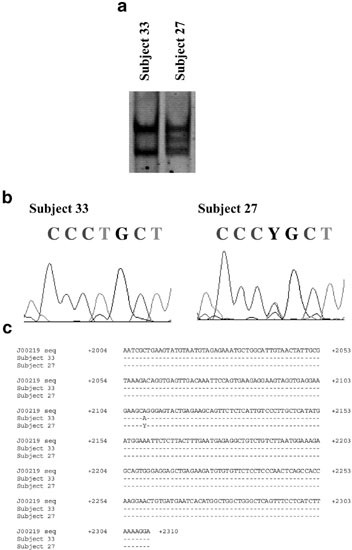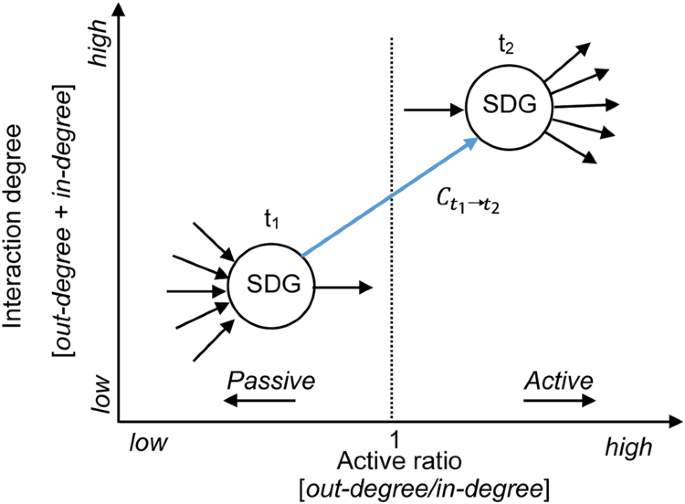
- Select a language for the TTS:
- UK English Female
- UK English Male
- US English Female
- US English Male
- Australian Female
- Australian Male
- Language selected: (auto detect) - EN
Play all audios:
The Department for Work and Pensions (DWP) is set to alter two vital state pension payment dates for retirees this May, with the subsequent one scheduled for this Friday, May 23. Owing to
May's two bank holidays, the early May Day on Monday, May 5, and the Spring Bank Holiday on Monday, May 26, benefit payments typically processed by DWP or Her Majesty's Revenue and
Customs (HMRC) on a Monday will be preemptively shifted to the preceding Friday. As per guidance detailed on GOV.UK: "If your payment date is on a weekend or a bank holiday,
you'll usually be paid on the working day before." Consequently, pensioners expecting their state pension on a Monday will find that their payments have been advanced to the prior
Friday. For instance, those due to receive their pension on Monday, May 26, should anticipate an earlier payment on the coming Friday (May 23), which may catch some off guard, reports the
Express. The specific weekday of a pensioner's payment is determined by the last digits of their National Insurance number. Should your National Insurance number terminate in any digit
from 00 to 19, such as 01 or 19, your pension is traditionally paid on a Monday, prompting a shift to Friday in these instances. The DWP clarifies: "Benefits are usually paid straight
into your bank, building society or credit union account. If your payment date is on a weekend or a bank holiday you'll usually be paid on the working day before." State pension
payments saw a 4.1% rise in April, with recipients of the full new state pension now receiving £230.25 per week, whilst those on the basic old state pension are paid £176.45. Both of these
amounts necessitate a complete National Insurance record - typically between 30 and 35 years of National Insurance contributions. However, individuals receiving less than approximately £227
can apply for Pension Credit to supplement their pension earnings in this manner.









